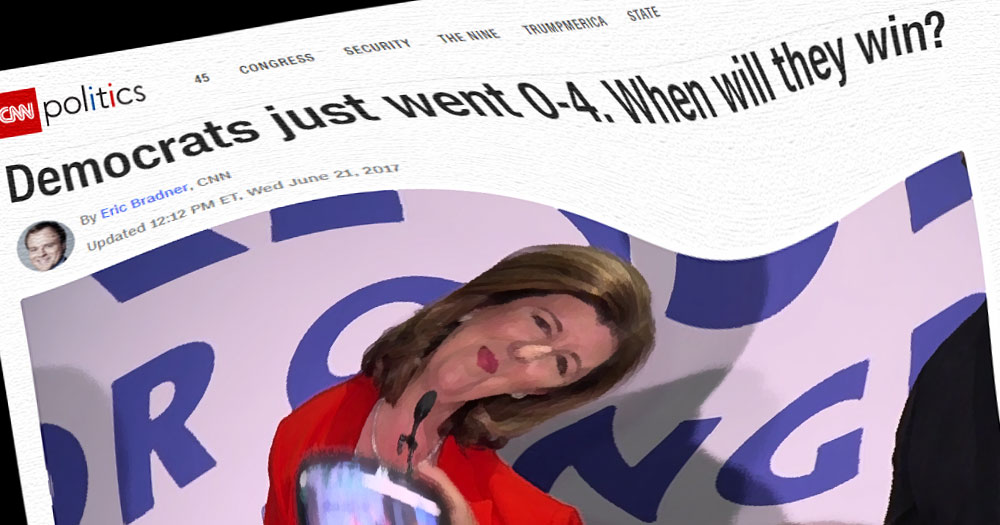Only nine out of 50 states can pay their bills and meet their obligations; 41 cannot, barring major tax increases or spending cuts.
That’s what we learn in last month’s “Financial State of the States” report from Truth in Accounting (TIA).
Alaska is in the best shape, “with $11 billion in assets to pay future bills”; New Jersey’s in the worst, needing “to come up with $208 billion in order to meet its promised obligations.”
Sheila Weinberg, TIA’s founder, works hard to counter governments’ creative accounting. It’s trickery, really, which “would be considered criminal for private sector corporations.” One gimmick is “promising to pay employee benefits in the future, but not fully funding the benefits programs as they rack up obligations.”*
Thankfully, TIA’s financial analysis includes items such as already-made pension and healthcare commitments.
Now, let’s expand the analysis, collating these findings to separate between initiative and non-initiative states**:
- Seven of the nine states with a “taxpayer surplus” — where government can pay its bills and meet its obligations — have the ballot initiative process.
- The 23 initiative states comprise 46 percent of the states. Yet, initiative states comprise a whopping 78 percent of financially healthy states.
- Of the 20 states carrying a larger-than-average taxpayer burden, 15 states (75 percent) lack the initiative process.
Granted, this represents a correlation between states with citizen-initiated ballot measures and healthier fiscal policy, not necessarily causation. Still, I’m not surprised states where citizens have more say so are better governed.
This is Common Sense. I’m Paul Jacob.
* “This short term fix allows governments to artificially ‘balance their budgets’ by not counting certain obligations as official debt.”
** There are 23 initiative states and 27 non-initiative states. Two referendum-only states— Maryland and New Mexico — are considered non-initiative states, and so is Illinois. Illinois is considered a non-initiative state, because its ballot initiative process is so severely restricted as to be non-existent. Only one measure has ever appeared on the ballot.











